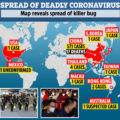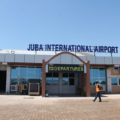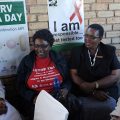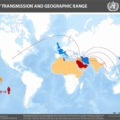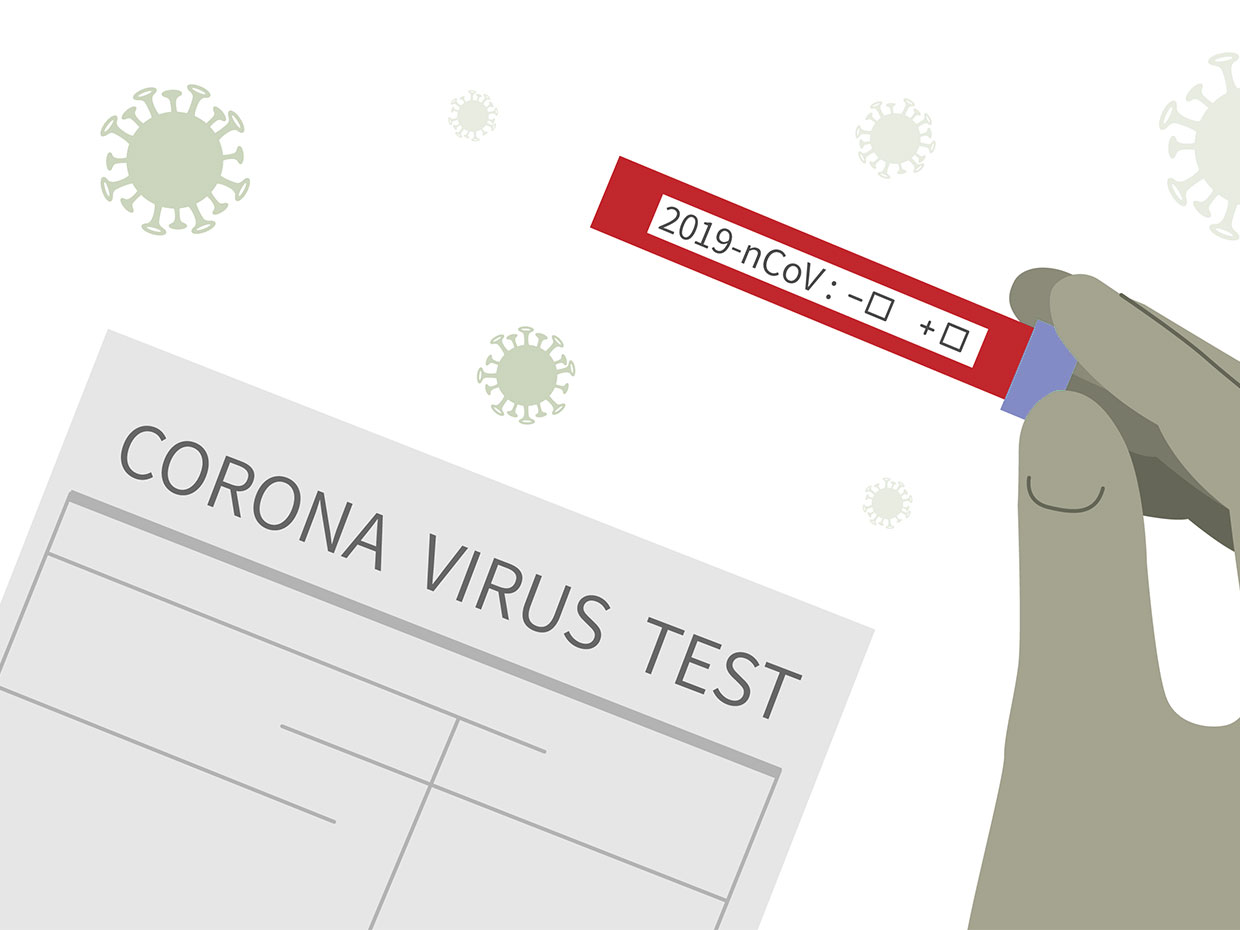
The rapid spread of the virus that causes COVID-19 has sparked alarm worldwide. The World Health Organization (WHO) has declared this rapidly spreading coronavirus outbreak a pandemic, and many countries are grappling with a rise in confirmed cases. In the US, the Centers for Disease Control and Prevention (CDC) is advising people to be prepared for disruptions to daily life that will be necessary if the coronavirus spreads within communities.
Nigeria is sub-Saharan Africa’s first country to register a case of the virus, which has killed some 2,900 people and infected thousands worldwide, the vast majority in China where it originated late last year and spread to most countries including Italy, United Kingdom South Korea, and the United States where high mortality rates have been recorded.
Medical experts had long expected the arrival of the deadly virus in sub-Saharan Africa, pointing to the deep trade and travel ties between China and a number of countries on the continent.
In mid-February, health ministers of the 15-member Economic Community of West African States (ECOWAS) converged in Mali’s capital, Bamako, to develop a regional preparedness plan and boost cross-border collaboration to promote rapid diagnosis and containment.
The Nigeria Centre for Disease Control (NCDC) has supported the activation of emergency operation centres to serve as coordination platforms, while its Coronavirus Preparedness Group meets daily to review the situation and manage the response efforts. The agency has continued to issue public health advisory to inform Nigerians about symptoms and preventive measures, and has provided a toll-free number for guidance.
According to records online the currently available testing centers for corona virus in Nigeria are located in:
Lagos: Lagos according to available records has two centers. Just like in the Ebola crisis, Lagos was also the entry point of Nigeria’s Index case . Lagos, Nigeria’s largest city, sprawls inland from the Gulf of Guinea across Lagos Lagoon. However, with a population of around 20 million people the epidemic could spread faster with catastrophic consequences if public health restrictions are not enforced in the area. The testing centers are the Virology Laboratory in the Lagos University Teaching Hospital (LUTH) the Nigeria Institute for Medical Research (NIMR); and the Lagos African Centre of Excellence for Genomics of Infectious Disease
Osun: Osun is an inland state in south-western Nigeria. Its capital is Osogbo. It is bounded in the north by Kwara State, in the east partly by Ekiti State and partly by Ondo State, in the south by Ogun State and in the west by Oyo State. The state has one center and recently banned religious and public gatherings like lagos.
Edo: Edo, state, southern Nigeria. It is bounded by the states of Kogi to the northeast and east, Anambra to the east, Delta to the southeast and south, and Ondo to the North. Edo state has one center and is also home to the Institute of Lassa fever Control located in Irrua Specialist Teaching Hospital (ISTH), Irrua, which is wholly dedicated to the attainment of excellence in the control of Lassa fever, is the first of its kind in Nigeria and indeed the West Africa sub region.
Abuja : It is bordered by the states of Niger to the West and North, Kaduna to the northeast, Nasarawa to the east and south and Kogi to the southwest. The nations capital city currently has one testing center located at NCDC National Reference Laboratory, Abuja.
According to daily trust newspaper ,As at today there are no testing facilities in the South East, North West, North East and North Central zones of the country, heightening fears among millions of people in the 19 states in the regions of what would likely happen when the urgent need to be tested arise. In all, there are five laboratories in the country that have the requisite facilities to test for the virus and they are located in the South West and South South.
To help contain the spread of COVID-19 and other diseases spread through respiratory droplets, including the flu, health officials have issued the following recommendations:
- Wash your hands regularly with soap and water for at least 20 seconds or use an alcohol-based hand sanitizer.
- Refrain from touching your eyes, nose and mouth.
- Don’t make close contact with sick individuals.
- If you are sick, stay home.
- Cover coughs or sneezes with a tissue and throw the tissue away.
- Clean and disinfect objects that are frequently touched.
- If someone in your family tested postive for COVID-19, keep that entire household at home.
- Recommendations to cancel or postpone mass gatherings of 10 or more people

